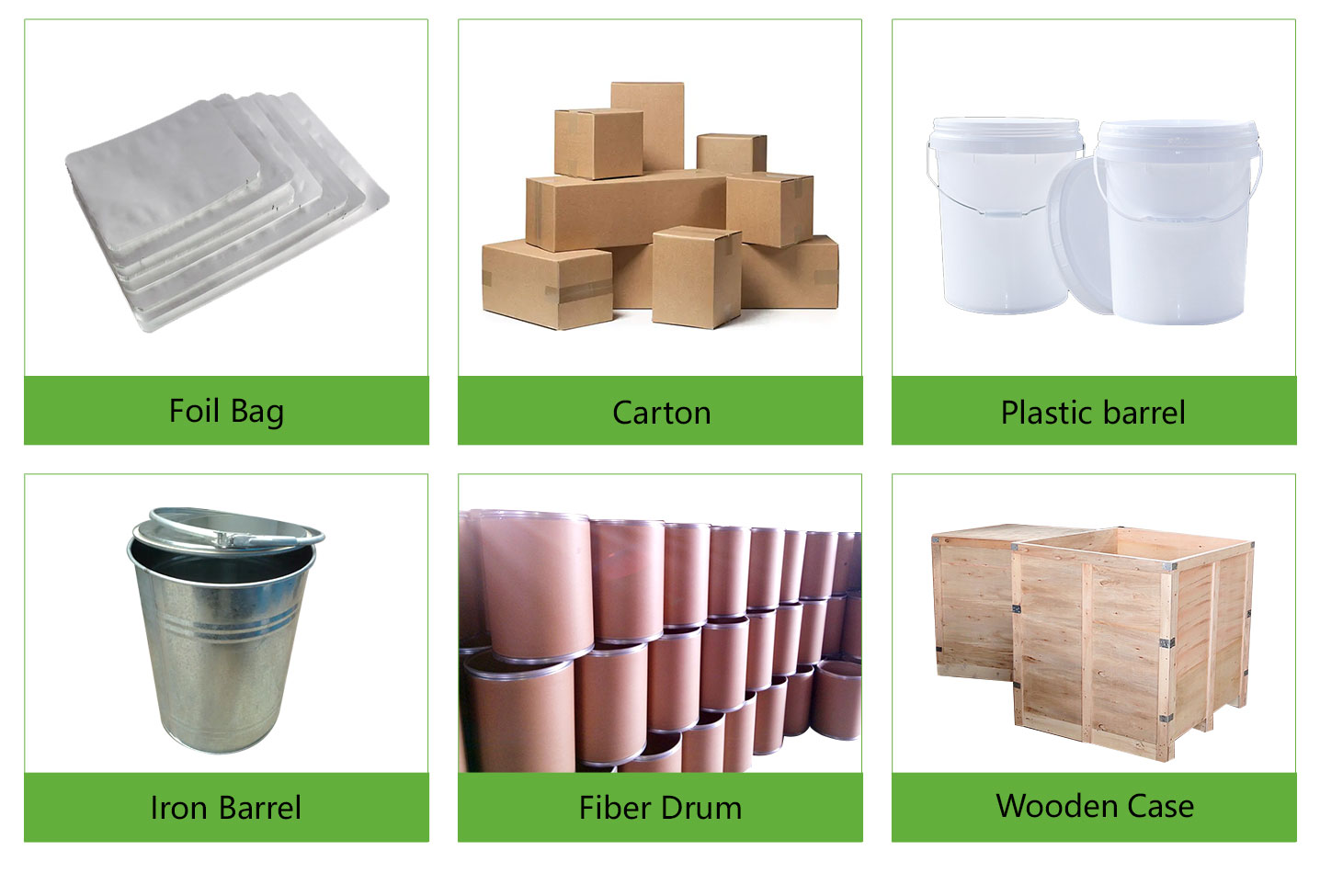Is Manganese Acetate Soluble in Water?
is manganese acetate soluble in water?
Manganese(III) acetate is a dark red crystalline substance that is soluble in water and other organic solvents. It is widely used in a variety of scientific experiments, including spectroscopy and spectrometry, organic synthesis, and catalysis.
Synthesis
Manganese acetate is made by reacting potassium permanganate with acetic acid. The reaction product is then filtered, concentrated, crystallized, and dehydrated. It can also be produced by heating manganese sulfate and soda ash in an acetic acid solution.
Biological properties
Manganese is an essential element for humans and is found in all tissues with the highest concentrations in the liver, pancreas and kidneys. It is largely eliminated from the body by the normal processes of digestion and excretion, though a low intake of manganese can have ill health effects such as slowed growth and loss of hair or nails.
Occupational exposure
Excessive exposure to airborne manganese can lead to ill health effects such as fatigue, headaches, vomiting, slowed reaction time and cognitive dysfunction. This is mainly caused by welding fumes, but it can also be the result of exposure to toxic or industrial waste products, or to alkaline and dry cell batteries.
Toxicity
Manganese(III) acetate can be a mildly irritating substance to the eyes, respiratory system, and skin. If you experience any adverse symptoms, rinse your eyes with plenty of water and contact your physician. Symptoms may persist for a period of time, but are generally not serious and will resolve over a few days.






